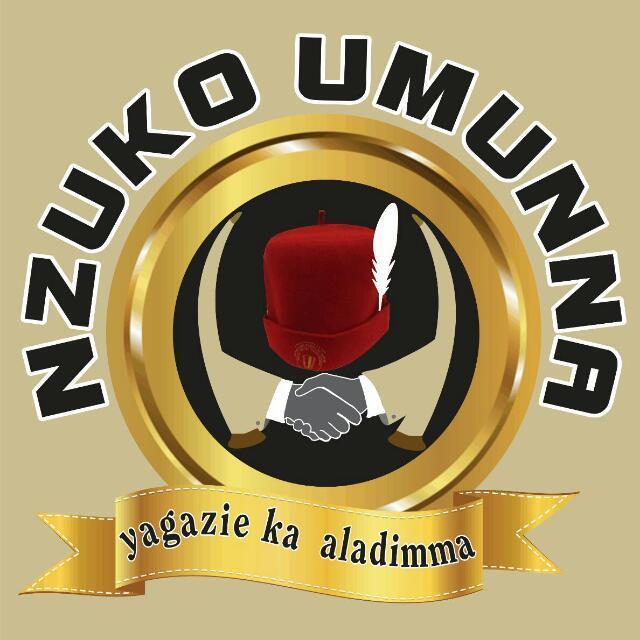…Says victims, veterans should be honoured
Ben Ezechime, Enugu
Nzuko Umunna, a global pan-Igbo socio-cultural group, on Thursday, called for the memorialisation of 30-month civil war to honour victims and veterans through erection of monuments in key locations in the country.
This is contained in a communiqué of the second edition of Nzuko Umunna monthly dialogue issued in Enugu on the topic: “Memorialising the Nigerian–Biafran War – A Catalyst to Better Civic Engagement and Sustainable Development in South-East Nigeria.”
The communiqué was signed by President of Nzuko Umunna, Professor Chinedu Nebo and its Executive Secretary, Dr Uju Agomoh, after a monthly dialogue held worldwide via Webinar meeting on May 30, 2024.
The stakeholders of the meeting, which were drawn from academics, traditional, civil society organisations, community leaders and policymakers, reflected on memorialising the civil war and its implications for civic engagement and sustainable development.
The participants deliberated and reminiscence extensively on the devastating effects of the war on Igbo land.
They extolled the resilience and determination of the Igbo people in the face of adversity which brought about the significant progress made in rebuilding and reconstructing Igboland despite all socio-economic and political challenges that tried frustrating sustainable development.
The session called on the government and stakeholders to establish memorial museums, digital archives and online platforms dedicated wholly to the history of the civil war.
According to the statement, this is to showcase personal stories, artifacts, photographs and historical documents with interactive exhibits and multimedia presentations to engage visitors and educate them on the impacts of war.
Other recommendations by the Session were to “develop school curriculum that includes comprehensive lessons on the civil war with emphasis on the importance of peace and reconciliation.
“There is a need to organise workshops and seminars with historians, survivors and scholars to facilitate deeper understanding and dialogue.
“An annual commemorative events in forms of memorial services, peace walks and cultural festivals on significant dates related to the war.
“Implement policies and programmes that address the lingering effects of the war. Support initiatives that promote civic engagement and sustainable development in the region.
“Encourage community participation in these events to foster a sense of collective memory and solidarity,” it said.
The statement called on governments at all levels to collaborate with non-governmental organisations like Nzuko Umunna, Ohanaeze Ndigbo etc, international bodies to fund and implement memorialisation projects.
It said: “This will ensure that initiatives reflect the experiences and perspectives of all affected groups to foster inclusivity and ownership.
“Government should identify and preserve significant sites related to the war, such as battlefields, refugee camps and historical buildings; to support initiatives that will bring solutions to the root causes of conflict and encourage sustainable and remarkable development in Alaigbo.
“The communique when implemented will not only help in memorialising the dead war veterans but also help to promote healing and educate the future generations and bring about sustainable development and peace in the South-East and Nigeria.”
Continuing, the communique noted the resolve of participants to nurture a culture that enhances peace, tolerance, and understanding in the midst of the diverse communities in Alaigbo and Nigeria in general.
Other resolutions taken were: “To sponsor and encourage a participatory and inclusive governance to ensure that all citizens have a voice.
“To encourage massive investment in vital areas of the economy like health, infrastructure and education which will lead to massive human capital and economic growth.”

